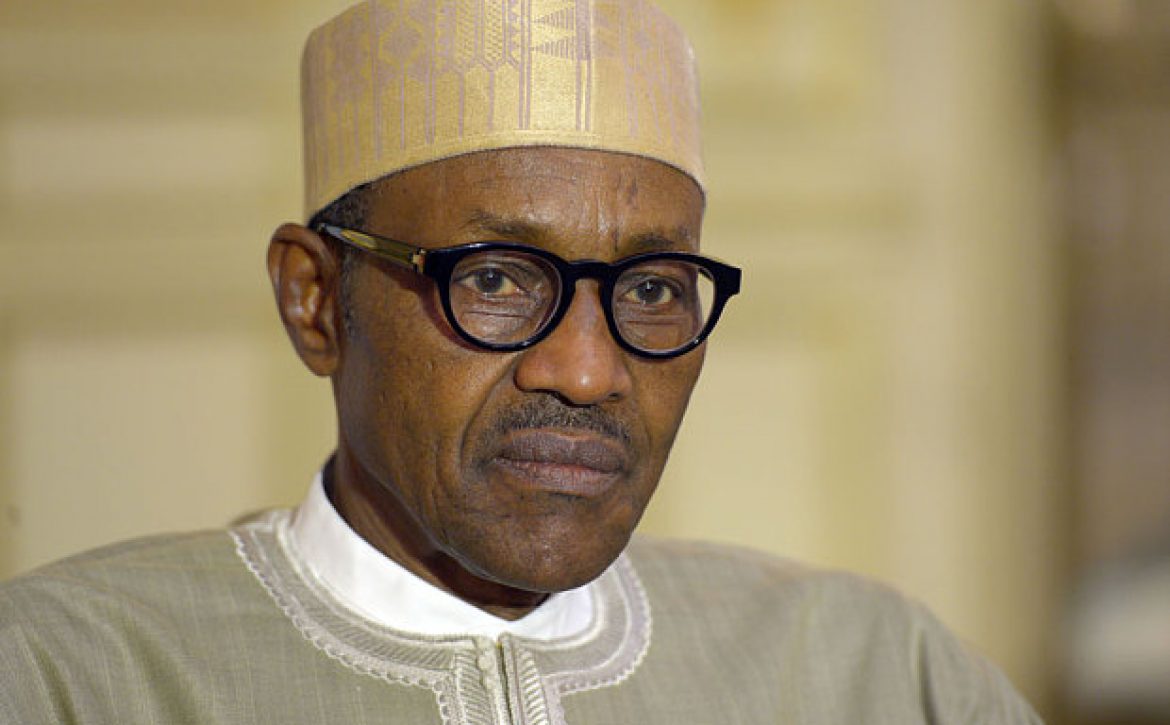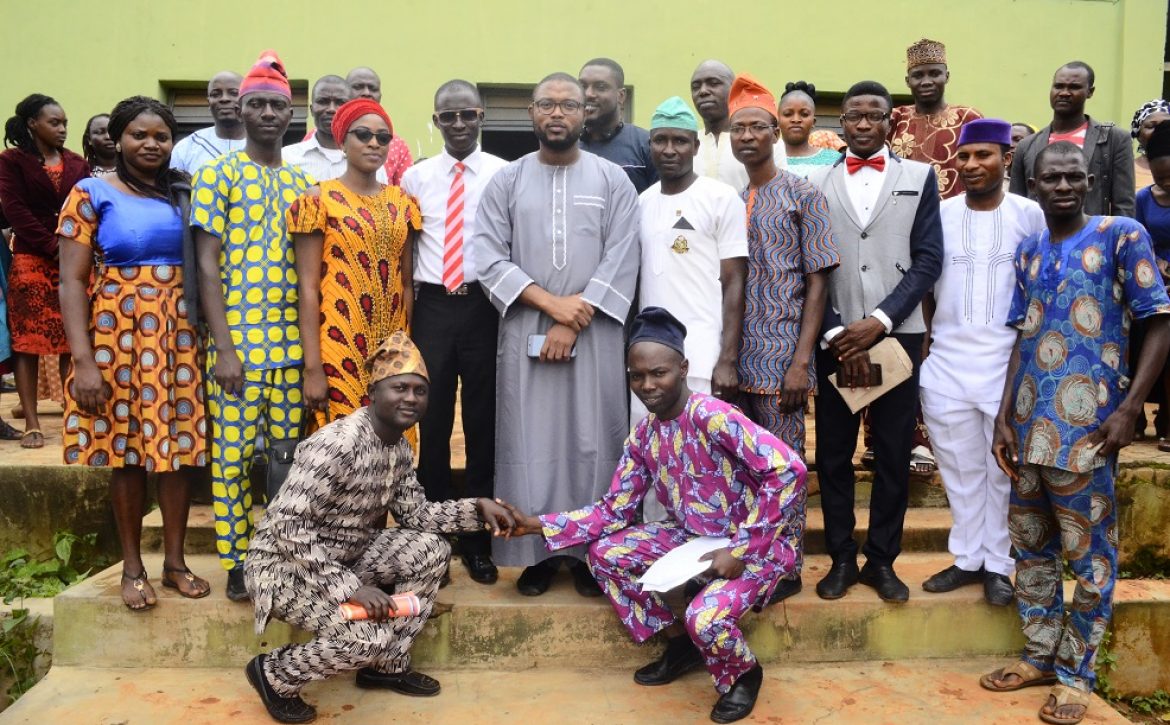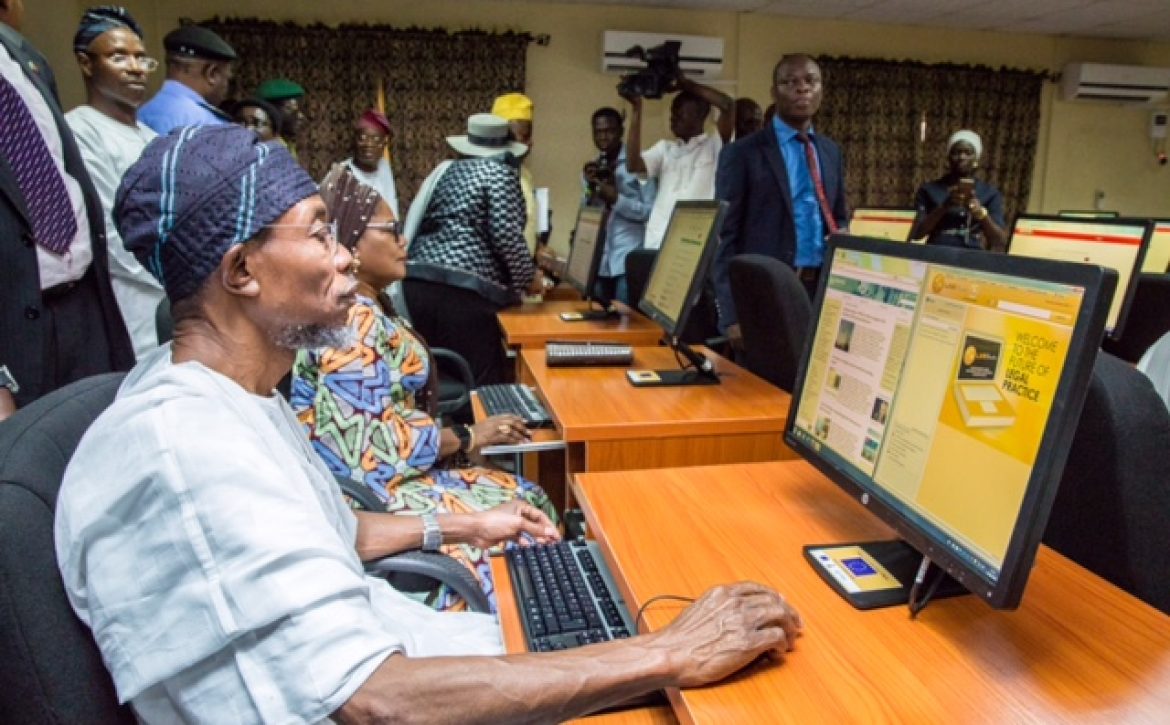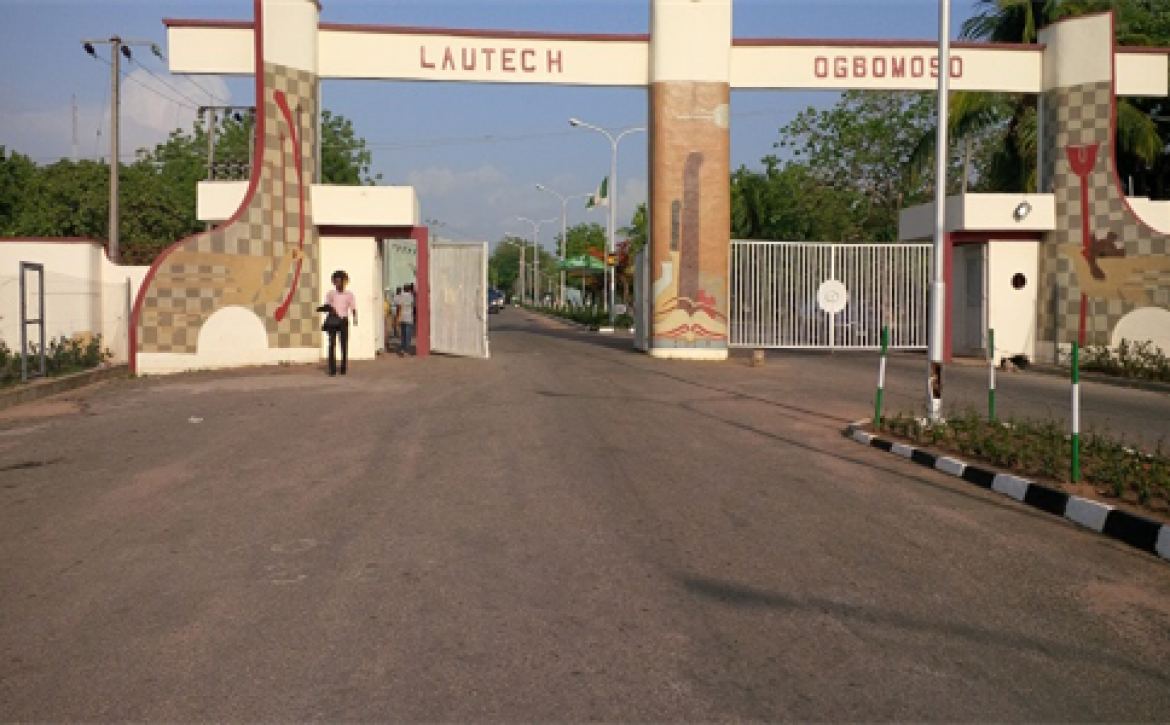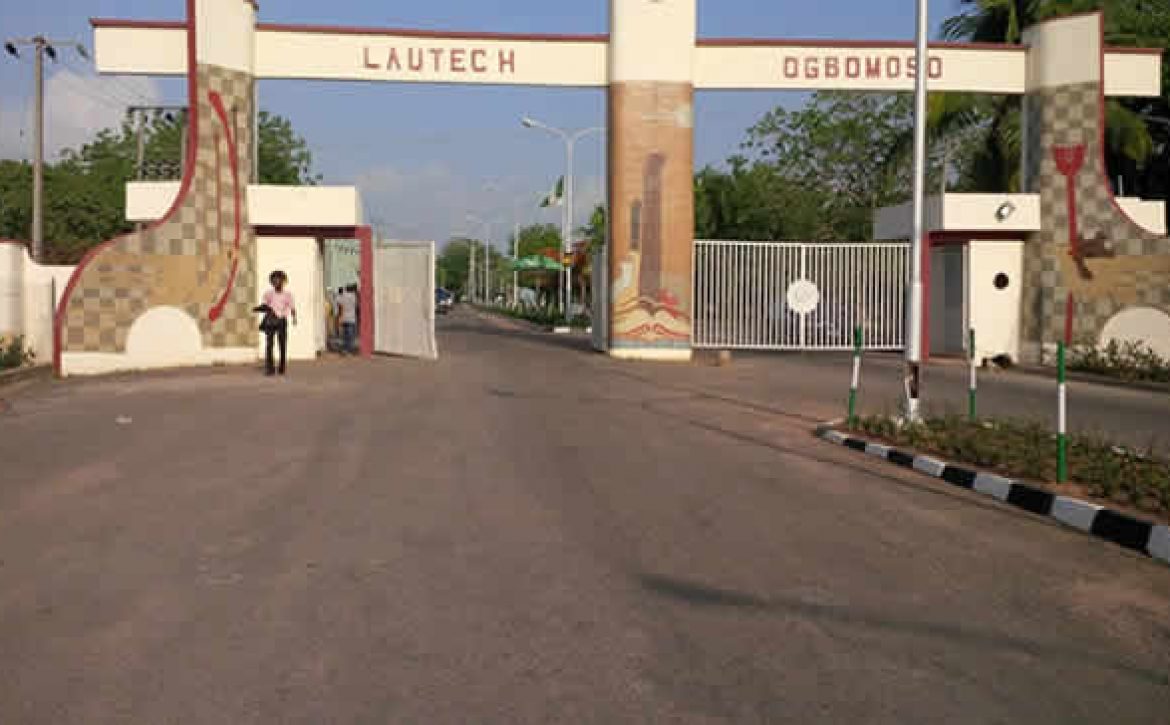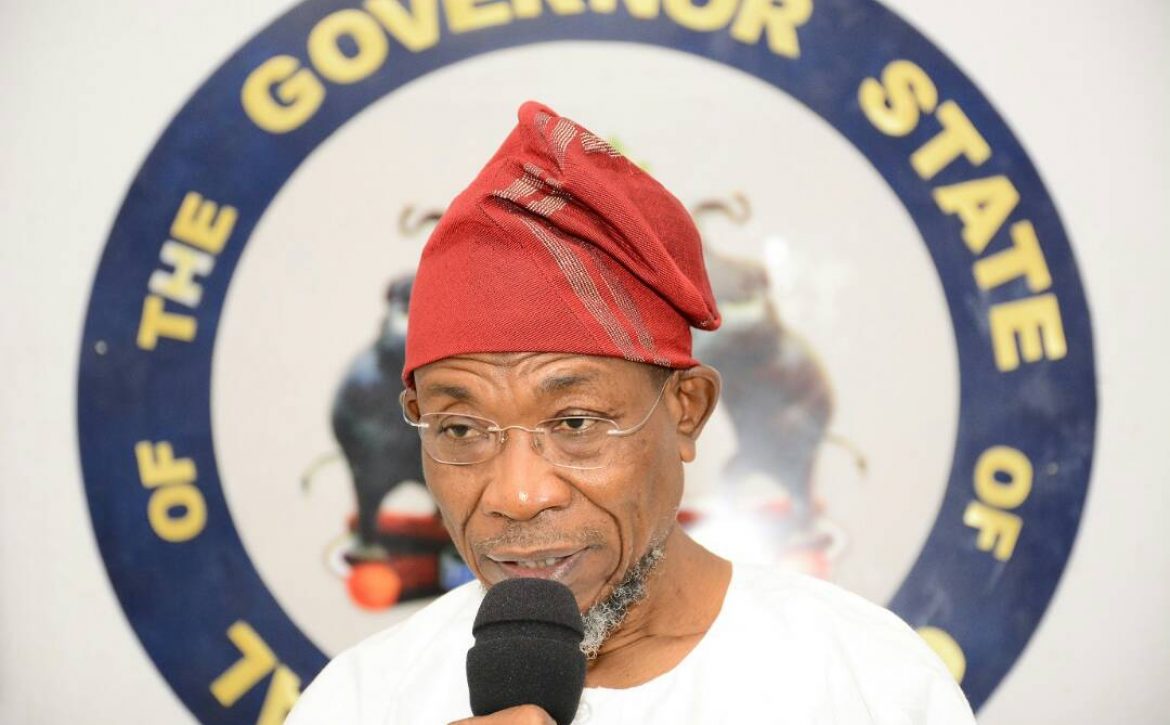THE crisis which led to the closure of Ladoke Akintola University of Technology (LAUTECH) in Ogbomoso, Oyo State, will soon be resolved, its Pro-chancellor, Prof Oladapo Afolabi, has said.
Afolabi, who chairs the Governing Council, spoke to reporters in Osogbo, the Osun State capital.

Other council members, the Vice-Chancellor (VC), Prof Adeniyi Gbadegesin, and his fellow principal officers were at the briefing.
The school was shut five months ago, following the management’s inability to pay workers for 10 months.
Afolabi, a former Head of Service of the Federation, said he was optimistic about early resolution of the crisis, stressing that he and other members of the council would renew their determination to restore the lost glory of LAUTECH.
He said the council was inaugurated at a time the institution is in its trying moment, assuring that they had accepted the challenges and were ready to ensure all issues causing perennial crisis at the institution, including funding, would be addressed.
The professor of Chemistry said the council would interact more with employees through their unions in order to gain their confidence and to boost their morale. He added that the council would also meet with students and other stakeholders, including governors of Osun and Oyo, former VCs, Soun of Ogbomoso, among others to ensure that the crisis is permanently resolved.
Afolabi said: “We had our inaugural meeting at the main campus in Ogbomoso on August 9, 2017 and created a 90-day action plan which has started in earnest. Consultations have been held with the various unions, parents’ forum and traditional rulers.
“We have also engaged the service of an auditing firm to ascertain the financial standing of the institution. We are expecting an interim report from the firm in a matter of days. It is this report we will be presenting to the visitors to the university. We have high hope that submission of this report would go a long way in bringing get a lasting solution to the problems of LAUTECH.
“From various interactions the council has had with the diverse stakeholders, we have realised that we are on the same page, working towards the same goal. The council will spare no efforts to get the university re-open for students to continue with their studies and move on with their academic pursuits. The students have pledged their cooperation to abide by any decision taken, if that would make the university to work again.
“We are optimistic of early resolution of the crisis rocking the institution. Government is committed to bringing back a formidable school, while council and management are more determined to ensure an enduring legacy.We hope that this effort would lead to resumption of activities in the institution in a matter of days and not months. In about 20 days, we should be able to give the public an update on resumption.”
Afolabi promised that the council would ensure accountability in the spending of the institution’s funds and would not become a burden to the two owner states. He said there would be judicious use of subventions released by the government to run the institution.



